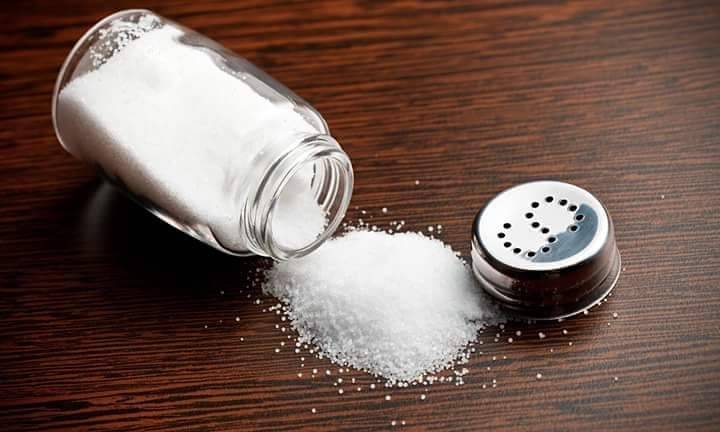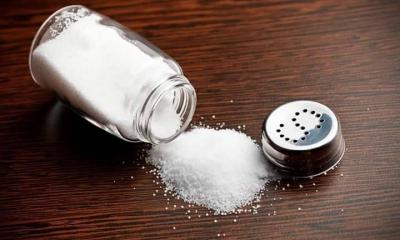Given that cognitive decline diseases such as dementia are irreversible and effective treatments are limited, preventing cognitive decline or detecting it early is crucial. Studies have shown that certain lifestyle factors such as physical activity, diet, and sleep can affect cognitive function. However, the impact of dietary sodium and potassium on cognitive function remains unclear.
According to a report from SciTechDaily based on research published in KeAi Journal Global Transitions, a recent Chinese study examined the influence of sodium, potassium, the sodium-to-potassium ratio, and salt on the cognitive function of a group of elderly individuals in China. The study included 4,213 participants aged 50 and older, and the results were based on cognitive tests and self-reports from the participants.
The research team found that high sodium intake (> 5593.2 mg/day) and a high sodium-to-potassium ratio (> 3.8/day) increased the risk of memory impairment among the elderly. Conversely, higher potassium intake (> 1653.3 mg/day) was associated with better cognitive function. Moreover, the average cognitive test score (13.44 at baseline, with a total score of 27.00) improved by nearly one point when 1000 mg/day of sodium was replaced with an equal amount of potassium.
Additionally, the researchers built upon previous studies to demonstrate that the effects of dietary sodium, the sodium-to-potassium ratio, and potassium levels on cognitive function could impact health through cardiovascular and cerebrovascular diseases (CCVD). The relationship between salt and cognitive abilities occurs as a result of its effect on sleep quality. The World Health Organization recommends a maximum sodium intake of 1400 mg/day for individuals aged 50 to 79, equivalent to 5 grams of salt per day, particularly since high salt consumption is often accompanied by inadequate potassium intake, which should ideally reach 3600 mg/day instead of the current average level of 1499.0 mg/day.




